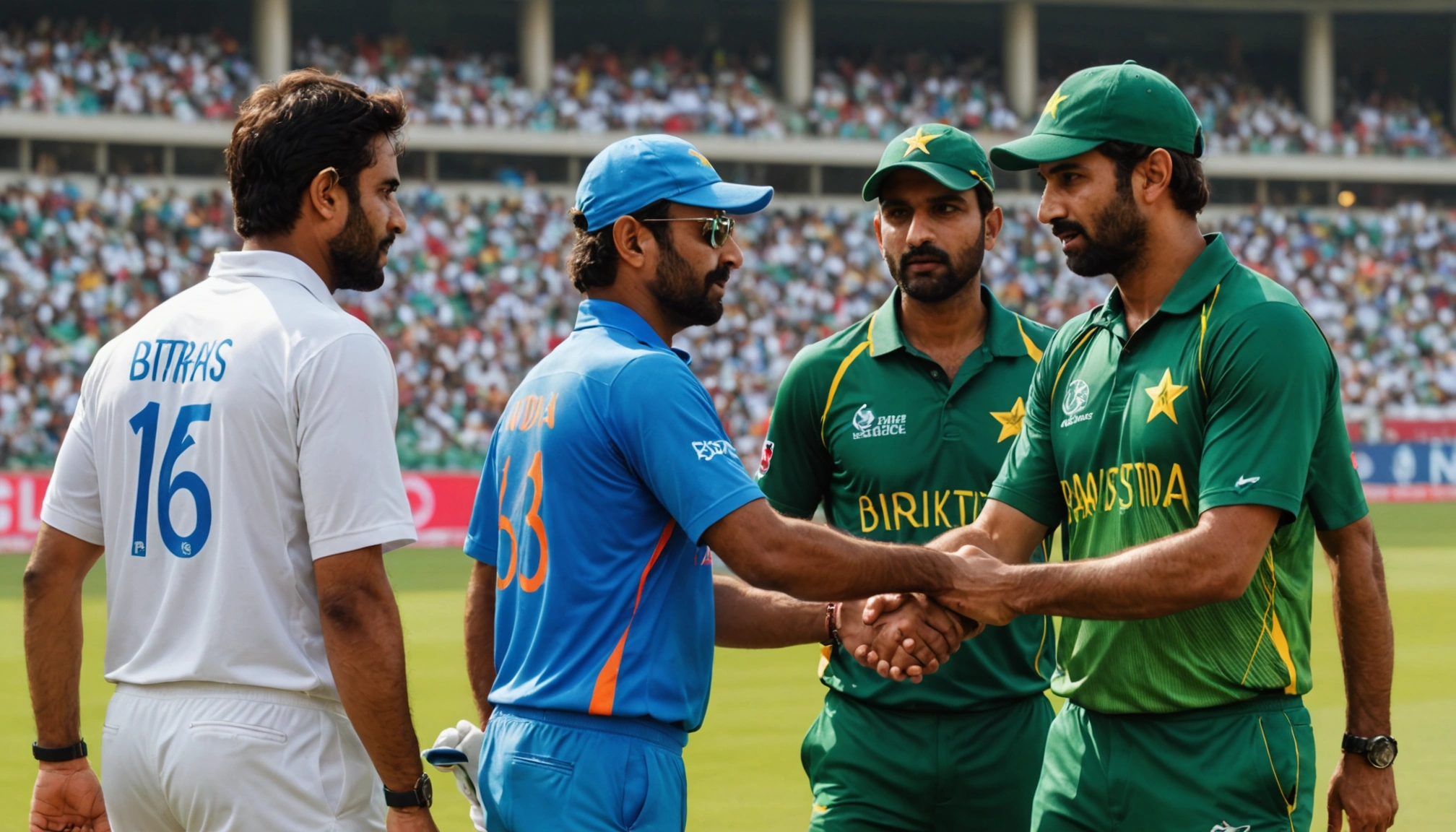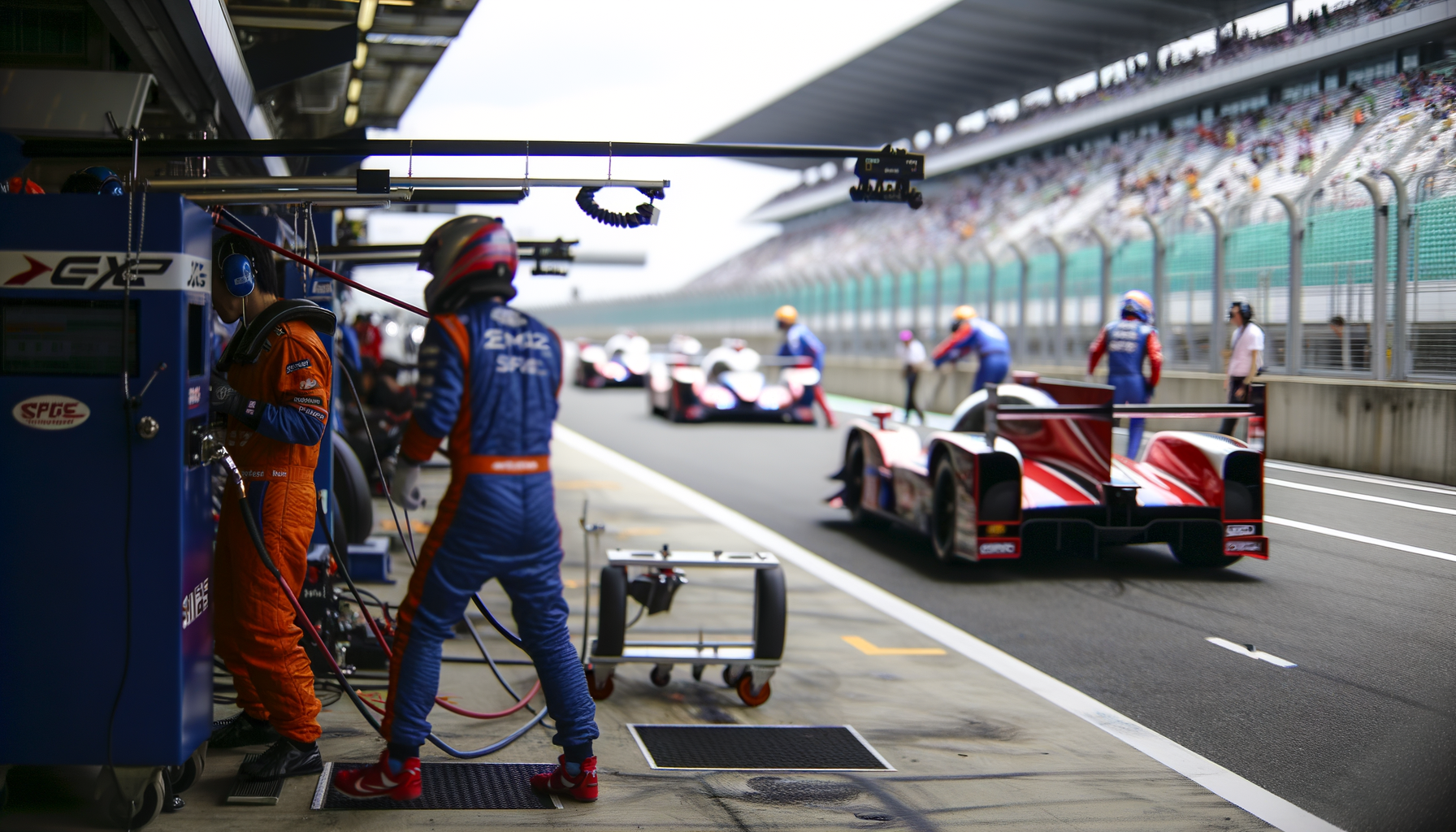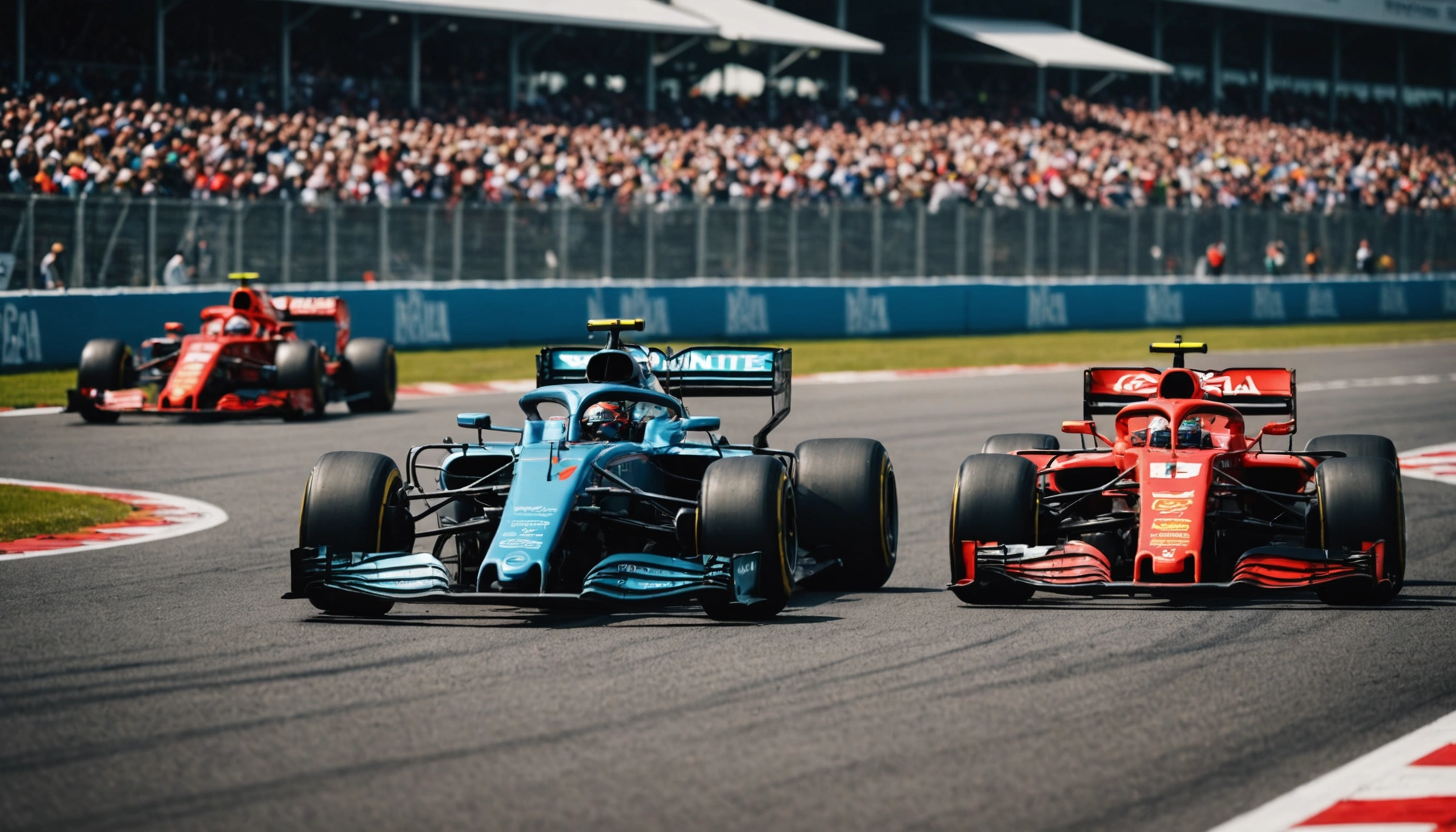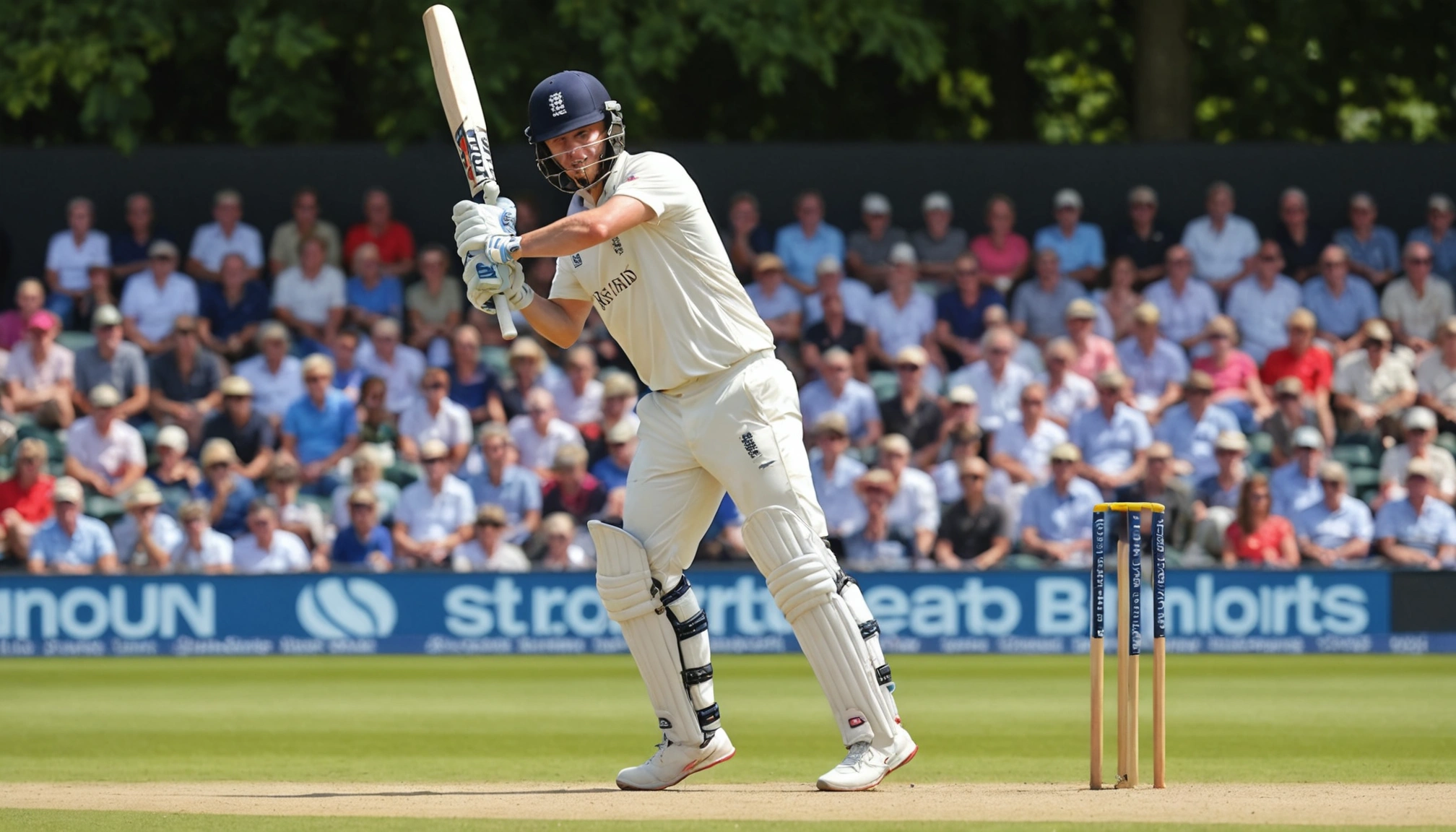India-Pakistan Cricket Tensions Highlighted In Asia Cup Clash
Explore the tense India-Pakistan Asia Cup clash marked by on-field victories and off-field controversies, reflecting deep-seated political tensions.

By Editorial
Introduction To The India-Pakistan Asia Cup Match
The recent Asia Cup encounter between India and Pakistan in Dubai was more than just a cricket match. It unfolded amid lingering tensions following a military conflict earlier in the year, casting a shadow over the sporting contest. India secured a decisive seven-wicket win, but the post-match atmosphere was charged, with reports of India players refusing handshakes stirring debate across cricketing circles.
Background Of India-Pakistan Relations And Cricket
India and Pakistan's cricket rivalry has always been intense, owing to their complex political history. The April 2025 military skirmish, triggered by a militant attack in Kashmir, significantly raised the stakes. Both countries accused each other, resulting in air strikes and missile exchanges, the worst confrontation in decades.
This hostile backdrop influenced the sporting arena, with calls to boycott or cancel the Asia Cup clash. However, the Board of Control for Cricket in India (BCCI) and the Indian government decided to proceed, underscoring cricket's role as a unifying force despite political divides.
On-Field Action And Key Performances
Despite the tensions, the cricket match itself showcased high-quality performances. Pakistan posted a modest total of 127-9 in their 20 overs, with Farhan top-scoring at 40. India's bowlers, particularly spinners Kuldeep Yadav (3-18) and Axar Patel (2-18), exerted control with effective middle-overs bowling.
India's chase was confident, led by Suryakumar Yadav's unbeaten 47 off 37 balls. Early wickets fell, but solid partnerships ensured a comfortable victory with 25 balls remaining. This win marked India's sixth consecutive victory over Pakistan in men's cricket, reinforcing their dominance in recent encounters.
Post-Match Controversy: The Refusal To Shake Hands
The match's conclusion was overshadowed by a notable absence of customary sportsmanship. Pakistan coach Mike Hesson revealed that India players declined to shake hands post-match, including at the toss where India captain Suryakumar Yadav and Pakistan captain Salman Agha did not exchange greetings.
Pakistan's team expressed disappointment, having approached India's dugout to offer handshakes, only to find Indian players had already left. Hesson described this as a "disappointing way for the match to finish" and a missed opportunity to uphold cricketing camaraderie despite political differences.
India's Response And Dedication Of The Win
In his post-match statement, Suryakumar Yadav dedicated the victory to the Indian armed forces and victims of recent terror attacks, emphasising solidarity and national pride. This stance highlighted how sports can serve as a platform for broader political and social expression, especially between rival nations.
However, the decision not to engage in traditional handshakes has stirred debate about the role of sportsmanship in politically charged matches. Some argue it reflects current realities, while others see sport as a bridge to peace.
Implications For Future India-Pakistan Cricket Encounters
The Asia Cup match may not be the last meeting between India and Pakistan in this tournament, should both progress to the knockout stages. The ongoing political climate and scheduling complications, such as the Women's World Cup matches being hosted in Sri Lanka to avoid travel between the two countries, suggest cricketing ties will remain complicated.
Historically, India has refused to tour Pakistan for cricket, leading to neutral venues like Dubai hosting their clashes. This pattern continues to influence how these two cricketing giants engage on the international stage.
The Role Of Cricket Amid Political Tensions
Cricket between India and Pakistan has often been viewed as a proxy battleground for broader political disputes. Yet, it also offers moments of unity and shared passion. This duality makes each match highly charged but immensely popular, drawing global viewership and intense media scrutiny.
For fans eager to stay updated on other cricketing events, platforms like County Cricket Latest Championship Updates And Key Highlights provide comprehensive coverage of the domestic scene, showcasing the depth of talent that feeds into international competitions.
Conclusion: Balancing Rivalry And Respect In Sports
The India-Pakistan Asia Cup clash in Dubai exemplified the complex intersection of sport and politics. While India's on-field performance was commanding, the off-field tensions manifested in actions that challenged the spirit of sportsmanship.
Moving forward, stakeholders in cricket must navigate this delicate balance, promoting respect and fair play while acknowledging the geopolitical realities. Matches like these continue to captivate audiences worldwide, underlining cricket's unique role in South Asian culture and international sports diplomacy.
For readers interested in broader sports news and stories that intersect culture and competition, Crystal Palace Scouts Comments Spark Backlash Over South Asian Stereotypes is a thought-provoking read, highlighting challenges faced by South Asian athletes and communities in the UK.
Related topics
Editorial
Sports expert at SportsScoop
Specialist in sports analysis and journalism
Related articles
Want to read more?
Explore our comprehensive collection of sports articles and analysis, or contact us for more information.



